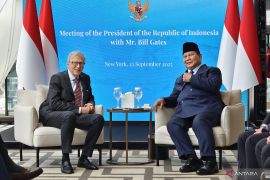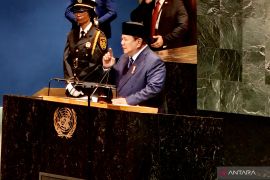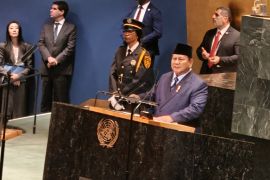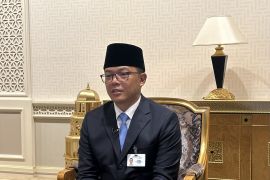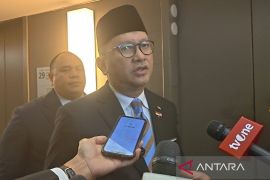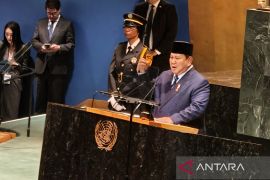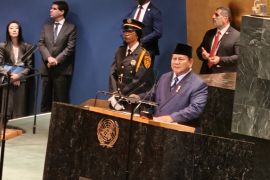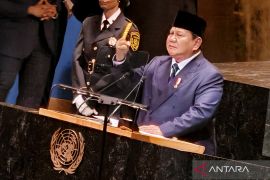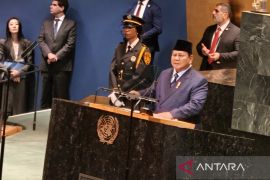As Thailand is a major producer of rice and rubber, the decline in prices of the two commodities in that country will certainly affect the prices in the world market, including in Indonesia.Jakarta (ANTARA News) - The government continues to monitor the situation in Thailand, in terms of trade, as it is the biggest producer of rice and rubber, stated Deputy Trade Minister Bayu Khrisnamurti.
"We will continue to closely monitor the situation in Thailand and try to minimize its impact on Indonesia," he noted during a discussion with newsmen here on Friday.
He emphasized that in the context of trade, two things must be closely monitored with regard to the situation in Thailand.
"The first is rice and the second is rubber. The prices of rice and rubber in the next few months are expected to drop in Thailand," he pointed out.
As Thailand is a major producer of rice and rubber, the decline in prices of the two commodities in that country will certainly affect the prices in the world market, including in Indonesia.
"Especially rice. Indonesia is now entering a harvest season and this will be one of the things that we now closely monitor," he remarked.
Bayu explained that the measures to be adopted by the government include assuring that no smuggling or illegal imports will take place.
"That must be prevented. We have various instruments, and we must ensure that they are effective," he added.
With regard to rice, Thailands Acting Deputy Minister of Finance, Tanusak Lek-Uthai, noted that the Bank of Agriculture and Agricultural Cooperatives (BAAC) will allocate aid funds to increase financial contribution to the Thai farmers.
According to a source, the funds spent to buy 10,970 thousand tons of farmers rice in the 2013-2014 planting season reached 181 billion baht on February 16.
The BAAC has paid 69 billion baht to the farmers, while the trade ministry has offered a rice tender at the Agricultural Futures Exchange of Thailand (AFET).
Several days ago, the Thai farmers cancelled plans to conduct a demonstration at Bangkoks airport to protest against a regulation that will cancel the payment of subsidy after the farmers were assured to receive their rights, their spokesman reported.
The move was good news for Prime Minister Yingluck Shinawatra.
The rice subsidy program is one of the populist policies issued by former prime minister Thaksin Shinawatra that has so far been the center of conflict, which has divided Thailand and triggered mass protests.
The program is important for Yinglucks government in order to continue receiving support from the poor regions of the north and north-east.
The subsidy for farmers was the main policy that brought her into power in 2011, but it has also led to rice supply piling up, which has triggered funding problems.(*)
Editor: Heru Purwanto
Copyright © ANTARA 2014
